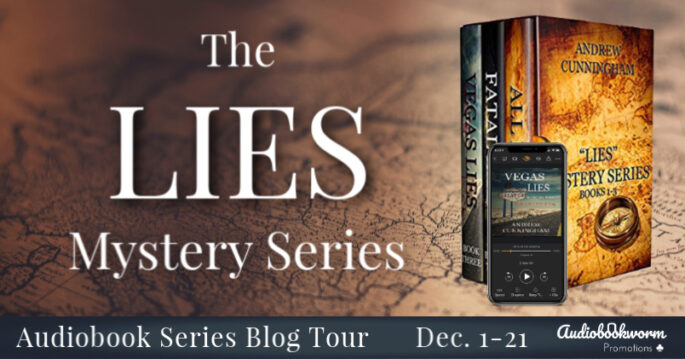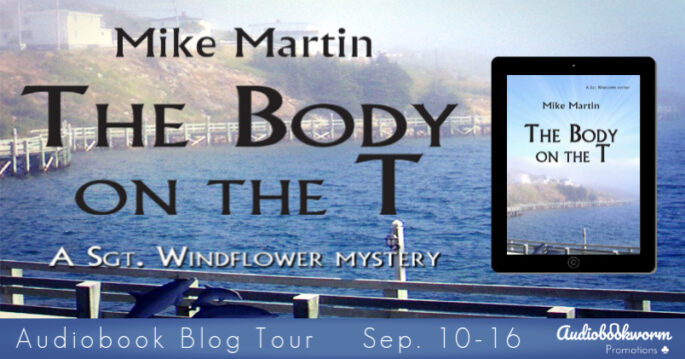
 Author: David Stever
Author: David Stever
Narrator: Bill Lord
Length: 7 hours 5 minutes
Series: The Delarosa Series, Book 2
Publisher: Cinder Path Press, LLC
Released: Dec. 23, 2019
Genre: Modern Detective


Infidelity pays the bills, so says a wise old private eye. But for PI Johnny Delarosa, his routine cheating spouse case turns into a tangled mess when his client, Mary Ann Bellamy, is run off the road and left for dead. Her husband, the owner of a cutting-edge aerospace technology firm, puts his career and marriage at risk by having an affair with his senior executive, the sexy, enigmatic Keira Kaine—the most brutal femme fatale to ever travel the pages of crime fiction. When a whistle blower appears, along with the FBI, Russian mobsters, and an eccentric computer hacker, the case weaves through a maze of surprises that lead to a violent and stunning climax. Delarosa, along with his assistant, Katie, and partner, Mike, must learn who he can trust before the case turns into a homicide—his own.



 David Stever is a novelist, screenwriter, and film producer. He writes the Johnny Delarosa mystery-thriller series, debuting with, AUBURN RIDE, paying homage to the great detective fiction of the past. The series has been called “noir for the 21st Century.” Fans of hard-boiled, crime thriller books, complete with sexy femme fatales, will love the Delarosa series.
He is a member of the Private Eye Writers of America, the International Thriller Writers, and the Maryland Writers Association. Originally from Tyrone, Pennsylvania, he lives in Columbia, Maryland with his wife and family. Please visit www.davidstever.com and be sure to sign the mailing list for news and updates!
David Stever is a novelist, screenwriter, and film producer. He writes the Johnny Delarosa mystery-thriller series, debuting with, AUBURN RIDE, paying homage to the great detective fiction of the past. The series has been called “noir for the 21st Century.” Fans of hard-boiled, crime thriller books, complete with sexy femme fatales, will love the Delarosa series.
He is a member of the Private Eye Writers of America, the International Thriller Writers, and the Maryland Writers Association. Originally from Tyrone, Pennsylvania, he lives in Columbia, Maryland with his wife and family. Please visit www.davidstever.com and be sure to sign the mailing list for news and updates!
Website⎮Twitter⎮Facebook

 Bill Lord has been an entertainer since 1983 when he began a nearly 20-year career as a professional wiseguy on rock and pop radio. After radio, his love of storytelling drew him into the world of acting and audiobook narration. It was a transition that began his exploration of connecting with an author’s truth on a deeply emotional level, while bringing each of their character’s reality to life with an authentic voice.
When Bill narrates a story, he transforms the written word into a multidimensional aural experience that makes you lose all sense of time and what is going on around you. He transports the listener to faraway realms or perhaps across the galaxy, until the world around you is supplanted by the flickering movie screen of your own imagination.
In addition to reading books for major publishers, and indie authors and publishers, Bill is a former coach of Edge Studio’s Investigate Voiceover classes in Washington, D.C., and an occasional cast member with The Lake of the Woods Players. When he’s not on stage or in the booth narrating, you can find cruising the lake on his pontoon boat (in Orange County, VA) while enjoying a Manhattan with his beautiful wife, Joya.
Bill Lord is an Audible Approved Producer. Visit Nothing Rhymes with Orange Studio’s website for more information.
Bill Lord has been an entertainer since 1983 when he began a nearly 20-year career as a professional wiseguy on rock and pop radio. After radio, his love of storytelling drew him into the world of acting and audiobook narration. It was a transition that began his exploration of connecting with an author’s truth on a deeply emotional level, while bringing each of their character’s reality to life with an authentic voice.
When Bill narrates a story, he transforms the written word into a multidimensional aural experience that makes you lose all sense of time and what is going on around you. He transports the listener to faraway realms or perhaps across the galaxy, until the world around you is supplanted by the flickering movie screen of your own imagination.
In addition to reading books for major publishers, and indie authors and publishers, Bill is a former coach of Edge Studio’s Investigate Voiceover classes in Washington, D.C., and an occasional cast member with The Lake of the Woods Players. When he’s not on stage or in the booth narrating, you can find cruising the lake on his pontoon boat (in Orange County, VA) while enjoying a Manhattan with his beautiful wife, Joya.
Bill Lord is an Audible Approved Producer. Visit Nothing Rhymes with Orange Studio’s website for more information.
Website⎮Facebook

 I received this audiobook as part of my participation in a blog tour with Audiobookworm Promotions. The tour is being sponsored by Bill Lord. The gifting of this audiobook did not affect my opinion of it.
I received this audiobook as part of my participation in a blog tour with Audiobookworm Promotions. The tour is being sponsored by Bill Lord. The gifting of this audiobook did not affect my opinion of it.

Q&A with Narrator Bill Lord
- When did you know you wanted to be an audiobook narrator?
- In 2013, I started working with 2 Audie-winning narrators and coaches, Carol Monda and Johnny Heller. When I started mastering the acting skills they were teaching me, and discovered that people and places could be lifted off the page and brought to life – that was magic to me. To read a manuscript and watch someone become truly engaged in the story made me realize that I could be an effective storyteller.
- A lot of narrators seem to have a background in theatre. Is that something you think is essential to a successful narration career?
- Without question, this is an acting gig. To bring an author’s words to life the narrator has to develop a deeply emotional relationship with the characters. It’s the only way to tell a story well. Does that mean one has to have a theater background. No…but it helps. My theater experience is limited, but I take acting lessons and work with audiobook coaches who have helped me develop the skills necessary to tell a story well.
- How do you manage to avoid burn-out? What do you do to maintain your enthusiasm for narrating?
- This is an easy question. Choosing novels that touch, or excite me in some way keeps me motivated. When I truly enjoy the story, there’s never burn-out. The only time I’ve felt any kind of pressure is when I’ve overbooked the calendar and have to work fast to make a deadline. But, even then, I just hire additional help with research, proofing, editing, and mastering so I can maintain focus on telling the story.
- Are you an audiobook listener? What about the audiobook format appeals to you?
- I listen to a lot of audiobooks. When I read a physical book, it’s too easy for my mind to wander and I find myself having to reread some sections. When I listen to a really good narrator, I’m much more engaged. I get drawn into the story and see the surroundings, smell the smells, and feel the emotional tension and subsequent resolution between the characters. My mind and imagination become the flickering screen in a movie theater where I visualize and feel everything.
- Is there a particular genre you feel unsuited for? Have you ever declined a project because you didn’t think you were right for it?
- I’m not afraid of any particular genre. I’ll even narrate romance and erotica as long as the story doesn’t cross certain lines like rape and incest. But, I did turn down a title for a publisher one time (which was very hard to do as it was my first offer from them). It was letters from John F. Kennedy. I lived in Massachusetts for a number of years and know the accent well. I can perform it well, but not to the point of sustaining that accent for an entire book. I felt that if I did JFK as a caricature, rather than authentically, it would have been cheating the listener.
- What about this title compelled you to audition as narrator?
- I loved David Stever’s writing! At times it’s really clever and funny. And, the action and his characters are very real. He writes so descriptively, it’s almost like reading a screenplay.
- How did you decide how each character should sound in this title?
- I pay close attention to the author’s character descriptions…how they walk, dress, and laugh, for example. I look for clues about their attitude, and their wants, needs, and desires.Then, I think about who I know or have seen on television or in the movies who matches that character and “cast” them in my mind.
- Have there been any characters that you really connected with?
- I actually connect with Johnny Delarosa in David Stever’s Johnny Delarosa Thriller Series! He’s got that bad-boy 1950s hard-boiled detective kind of attitude, but he’s a very modern-day kind of guy. He drives a Z4, carries a Beretta, enjoys good wine and top-shelf Bourbon, and trusts nothing except his own 6th sense. We’re a lot alike…except I drive a pickup.
- If you had the power to time travel, would you use it? If yes, when and where would you go?
- (In my best Sam Elliott voice): I think I’d go back to the Wild West, get me an Appaloosa to ride, and strap on a 6-shooter. After a few nights of playing poker in the saloon, I’d invent indoor plumbing, refrigeration, and air conditioning. Heck, I’d be rich enough to buy the Ponderosa.
- If you could narrate one book from your youth what would it be and why?
- The Outsiders. conflict between the Socs and Greasers was something I was seeing and experiencing as an adolescent living in Detroit. Regardless of which side of the tracks you were from, S.E. Hinton gave ever character humanity. I touched me and taught me that every human being deserves love and respect. It really touched me.
- What do you say to those who view listening to audiobooks as “cheating” or as inferior to “real reading”?
- The Journal of Neuroscience recently published research conducted at UC Berkeley. Without getting too deep into the science, they scanned the brains of nine participants while they read and listened to a series of tales from “The Moth Radio Hour.” After analyzing brain scans and data analysis, the researchers saw that the stories stimulated the same cognitive and emotional areas, regardless of their medium. It’s adding to our understanding of how our brains give semantic meaning to the squiggly letters and bursts of sound that make up our communication.
- Bonus question: Any funny anecdotes from inside the recording studio?
- I was in the middle of a scene where some bikers had left a bar. As they hopped on their motorcycles and turned the keys, I actually heard those bikes came to life in my headphones! It turns out that my cat, Tigger, had silently slid into the studio, curled up behind my chair, and started to purr rather loudly at that exact moment. In the quiet isolation of the recording booth, it sounded 10 times louder than it really was and scared the bejesus out of me!
 Johnny Delarosa: Served twenty years as a cop then as a detective on the Port City Police Department. Now on his own for six years as a private detective. Forty-eight years old, 6’1”, 185 lbs., thick close-cropped black hair with some grey sneaking in. Is co-owner of McNally’s Irish Pub and runs his private eye business from the back booth in the bar. He and Mike McNally were detective partners on the force. He worked vice and homicide as a detective and has seen it all. Johnny is tough but has a laid-back personality, is Italian-American and grew up in the Little Italy section of Port City. Was married to Kelly but she couldn’t handle the police lifestyle. Johnny never remarried after the divorce. He owns a condo on the fourth floor above McNally’s plus took ownership in a beach cottage on Crescent Beach as part of the divorce settlement with Kelly. He bought half of McNally’s when Mike needed money to pay for his own divorce.
Johnny has a great appreciation for Italian food, wine, jazz, classic rock, the great American songbook, and never met a bourbon he didn’t like. He stays on the politically incorrect side of life and admittedly drinks way too much. He has a lady friend, Leah Love, who he is committed to, but they have an arrangement that neither wants to be serious just yet. He claims he fell in love with her the day he arrested her.
Mike McNally: Fifty-two years old, former cop and detective on the Port City police force and former partner of Johnny Delarosa. Tough, tall, no-nonsense, red-haired, barrel-chested Irishman. Was a standout football player in high school, spent about ten minutes in college before joining the police force. He bought McNally’s after he retired and then sold half the business to Johnny to help pay for his divorce. Mainly runs the bar; but helps Johnny with PI cases. Loyal to the core, nothing will come between him and his partner, Johnny.
Katie Pitts: Tall, blonde, attractive, beach volleyball type. Twenty-four years old, met Johnny when he rescued her from a kidnapping. Enamored with Johnny and fascinated with being a private detective, she approached Johnny and asked for a job. He and Mike reluctantly hired her to help in the bar and also to help do research on PI cases. She comes from an affluent family in Port City, went to Florida State University. She is eager to learn, but young and naïve at the same time. She provides a lot of comic relief with her antics. She is always trying to improve the menu and drinks at the bar over Mike’s protests. While she was probably hired because of the way she looks, both Johnny and Mike are now protective of her and look at her as a daughter.
Johnny Delarosa: Served twenty years as a cop then as a detective on the Port City Police Department. Now on his own for six years as a private detective. Forty-eight years old, 6’1”, 185 lbs., thick close-cropped black hair with some grey sneaking in. Is co-owner of McNally’s Irish Pub and runs his private eye business from the back booth in the bar. He and Mike McNally were detective partners on the force. He worked vice and homicide as a detective and has seen it all. Johnny is tough but has a laid-back personality, is Italian-American and grew up in the Little Italy section of Port City. Was married to Kelly but she couldn’t handle the police lifestyle. Johnny never remarried after the divorce. He owns a condo on the fourth floor above McNally’s plus took ownership in a beach cottage on Crescent Beach as part of the divorce settlement with Kelly. He bought half of McNally’s when Mike needed money to pay for his own divorce.
Johnny has a great appreciation for Italian food, wine, jazz, classic rock, the great American songbook, and never met a bourbon he didn’t like. He stays on the politically incorrect side of life and admittedly drinks way too much. He has a lady friend, Leah Love, who he is committed to, but they have an arrangement that neither wants to be serious just yet. He claims he fell in love with her the day he arrested her.
Mike McNally: Fifty-two years old, former cop and detective on the Port City police force and former partner of Johnny Delarosa. Tough, tall, no-nonsense, red-haired, barrel-chested Irishman. Was a standout football player in high school, spent about ten minutes in college before joining the police force. He bought McNally’s after he retired and then sold half the business to Johnny to help pay for his divorce. Mainly runs the bar; but helps Johnny with PI cases. Loyal to the core, nothing will come between him and his partner, Johnny.
Katie Pitts: Tall, blonde, attractive, beach volleyball type. Twenty-four years old, met Johnny when he rescued her from a kidnapping. Enamored with Johnny and fascinated with being a private detective, she approached Johnny and asked for a job. He and Mike reluctantly hired her to help in the bar and also to help do research on PI cases. She comes from an affluent family in Port City, went to Florida State University. She is eager to learn, but young and naïve at the same time. She provides a lot of comic relief with her antics. She is always trying to improve the menu and drinks at the bar over Mike’s protests. While she was probably hired because of the way she looks, both Johnny and Mike are now protective of her and look at her as a daughter.

View the full 14-day schedule here!
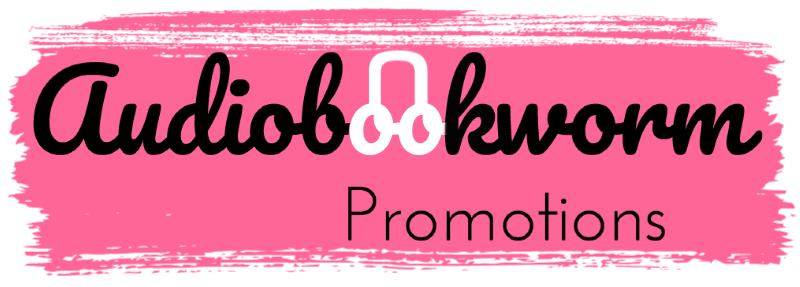
Plugging you into the audio community since 2016.
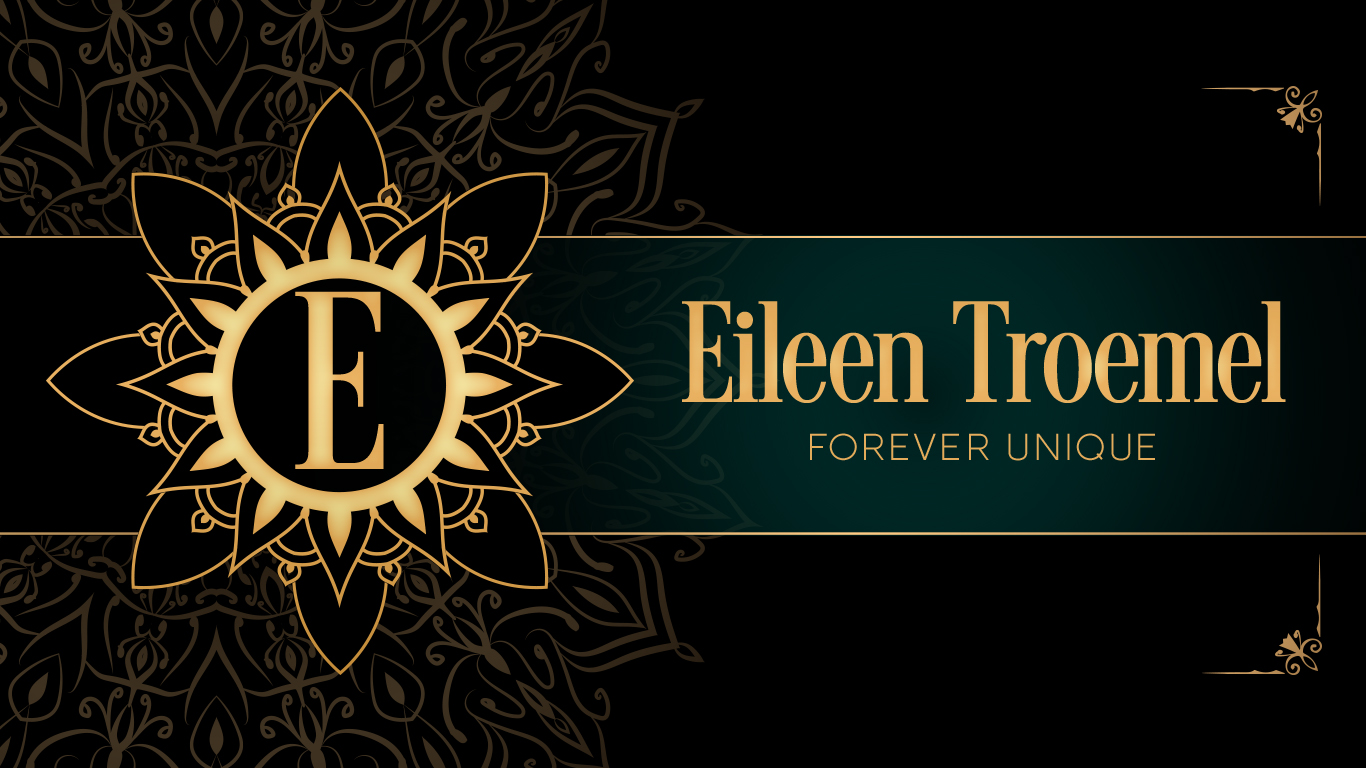
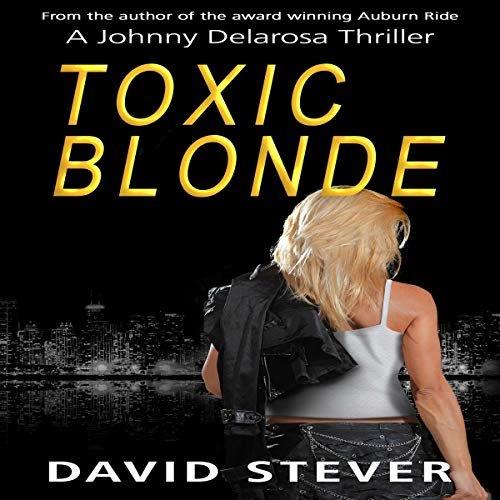
 Author: David Stever
Author: David Stever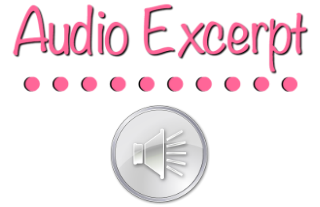

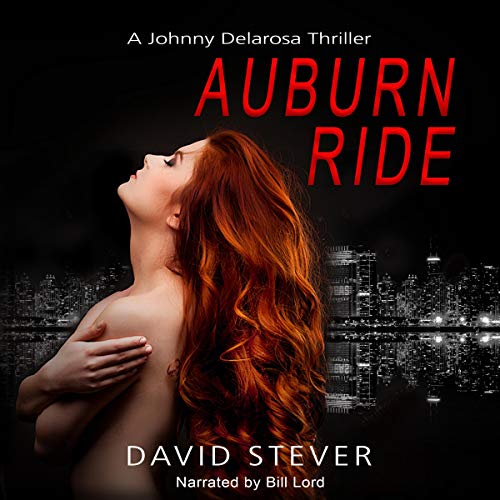
 Author: David Stever
Author: David Stever

